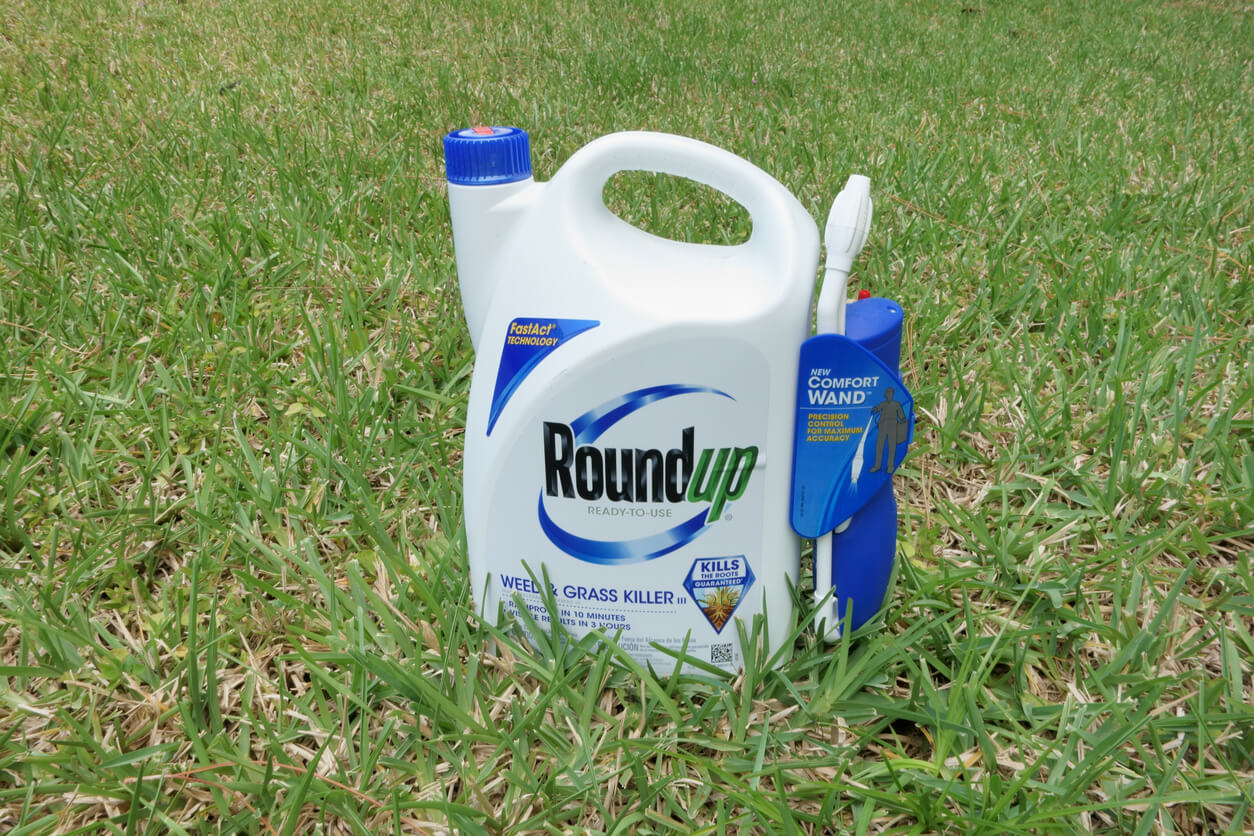Monsanto Prevails in Latest Roundup Trial as Mixed Results Continue
Editors carefully fact-check all Drugwatch.com content for accuracy and quality.
Drugwatch.com has a stringent fact-checking process. It starts with our strict sourcing guidelines.
We only gather information from credible sources. This includes peer-reviewed medical journals, reputable media outlets, government reports, court records and interviews with qualified experts.

The most recent trial in the ongoing Roundup lawsuits resulted in a win for the defendants. A Philadelphia jury ruled on Friday that Monsanto, which is owned by Bayer, was not responsible for plaintiff Judith Womack’s non-Hodgkin lymphoma.
According to Law.com, Womack used the popular weed killer several times a year, starting in 2015, before she was diagnosed with cancer in 2019. Roundup has been linked to the development of non-Hodgkin lymphoma for years, with the International Agency for Research on Cancer classifying it as a probable human carcinogen in 2015.
Monsanto and Bayer have heavily disputed these claims.
“While we have great sympathy for anyone who suffers a loss or injury, the science proves that Roundup is safe to use and not carcinogenic,” Bayer said in a statement following the verdict.
The win for Monsanto continues what has been an unpredictable stretch in the Roundup litigation, with both plaintiffs and the defendant earning big wins in recent months.
A trial in the Philadelphia Court of Common Pleas, the same court where the Womack case was tried, resulted in a $78 million verdict for plaintiff William Melissen just last month. But in September, a Philadelphia jury sided with Monsanto in a similar case.
Federal Statute Dispute Key to Roundup Litigation
Courts have also disagreed on whether a federal statute could bring an end to some of the ongoing litigation.
Bayer has attempted to argue that Roundup lawsuits that rely on state laws to make their claims are preempted by a federal statute known as FIFRA, which regulates pesticides and weed killers like Roundup.
The Third Circuit Court of Appeals sided with Bayer on that issue in September, contradicting previous rulings by the Ninth and Eleventh Circuits.
While Bayer had hoped that the positive ruling from the Third Circuit would be a boon to its future lawsuit prospects, trial courts did not allow the company to apply the ruling to the most recent three Philadelphia trials, including the Womack case.
But, even without the help of federal preemption, the defendants still secured a win.
Bayer Looks to Supreme Court to End Roundup Lawsuits
With conflicting trial results continuing along with the circuit split, Bayer is pushing for the issue of Roundup litigation to be settled by the Supreme Court.
This is a strategy that the company has pursued for some time, listing a favorable ruling from the Supreme Court as one of the keys to managing the thousands of pending Roundup lawsuits.
“A favorable ruling by the U.S. Supreme Court on the federal preemption question could largely end the Roundup litigation,” Bayer says on its website. “…The EPA has consistently concluded that glyphosate does not cause cancer and approved the Roundup label without a warning and we believe this should prevent such state-based claims from moving forward in court.”
Bayer said that it is currently evaluating cases that could go before the Supreme Court and may file a petition for certiorari “in or before 2025.”
This would potentially allow for the Supreme Court to decide the future of Roundup litigation as early as the 2025–26 session.


